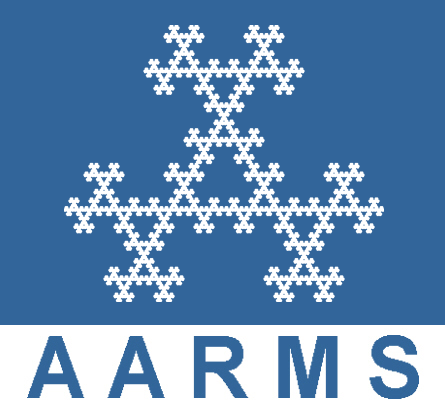2016 CMS Summer Meeting
University of Alberta, June 24 - 27, 2016
Special Session on Combinatorial Games to celebrate Richard K. Guy's 100th birthday
Org: Richard Nowakowski (Dalhousie)
[PDF]
Org: Richard Nowakowski (Dalhousie)
[PDF]
- AVIEZRI FRAENKEL, Weizmann Institute of Science
Games Derived From A Generalized Thue-Morse Word [PDF]
-
For fusing combinatorial game theory with combinatorics on words, we begin with some relevant background on words and automata theory, followed by devising and analyzing a triple of games derived from a generalization of the Thue-Morse word.
Joint with Michel Rigo.
- MELISSA HUGGAN, Dalhousie University
Conjoined Games: Go-Cut and Sno-Go [PDF]
-
Let $\mathcal{F}$ and $\mathcal{H}$ be two impartial rulesets. We introduce the conjoined ruleset $(\mathcal{F} \blacktriangleright\mathcal{H})$ in which the game is played under the $\mathcal{F}$ ruleset and then, when play is no longer possible, to continue under the $\mathcal{H}$ ruleset. The games of Go-Cut and Sno-Go on a path are considered. We give nim-values for positions at the start of Phase 2 for Go-Cut and for Sno-Go we determine the winner.
- SVENJA HUNTEMAN, Dalhousie University
Some Game Values of Strong Placement Games [PDF]
-
Strong placement games are a class of combinatorial games that include for example Snort, NoGo, Domineering, and Arc Kayles. We are interested in which values games in this class can take on under normal play. This work takes advantage of the property that strong placement games are in a one-to-one correspondence with simplicial complexes whose vertex sets are bipartitioned. Using this connection, one can show that all numbers are possible, many switches, and several tinies, among others.
- REBECCA MILLEY, Grenfell Campus, Memorial University of Newfoundland
Inverses \& Reversibility: Open Problems in Partizan Misere Games [PDF]
-
Much progress has been made in misere game theory using the technique of restricted misere play, where games can be considered equivalent inside a restricted set of games without being equal in general. Recent research has found instances of two particularly interesting properties among restricted misere games: (1) a game can have an additive inverse that is not its negative, and (2) a position can be reversible through an end (a game with Left but not Right options, or vice versa). These properties are not possible in normal play and general misere play, respectively. This talk will discuss open problems of inverses and reversibility in a survey of partizan misere game theory (joint work with Gabriel Renault).
- RICHARD NOWAKOWSKI, Dalhousie University
Absolute Game Theory: a new context for additive combinatorial games [PDF]
-
Several different subclasses of games, for example, Normal, Misere, Dicot Misere, Guaranteed Scoring, Dicot Scoring, have similar algebraic structure. We show that there is a set of underlying properties that give rise to these structures and, moreover, any such subset will form a combinatorial game category. Joint work with Urban Larsson and Carlos Santos.
- PAUL OTTAWAY, Capilano





